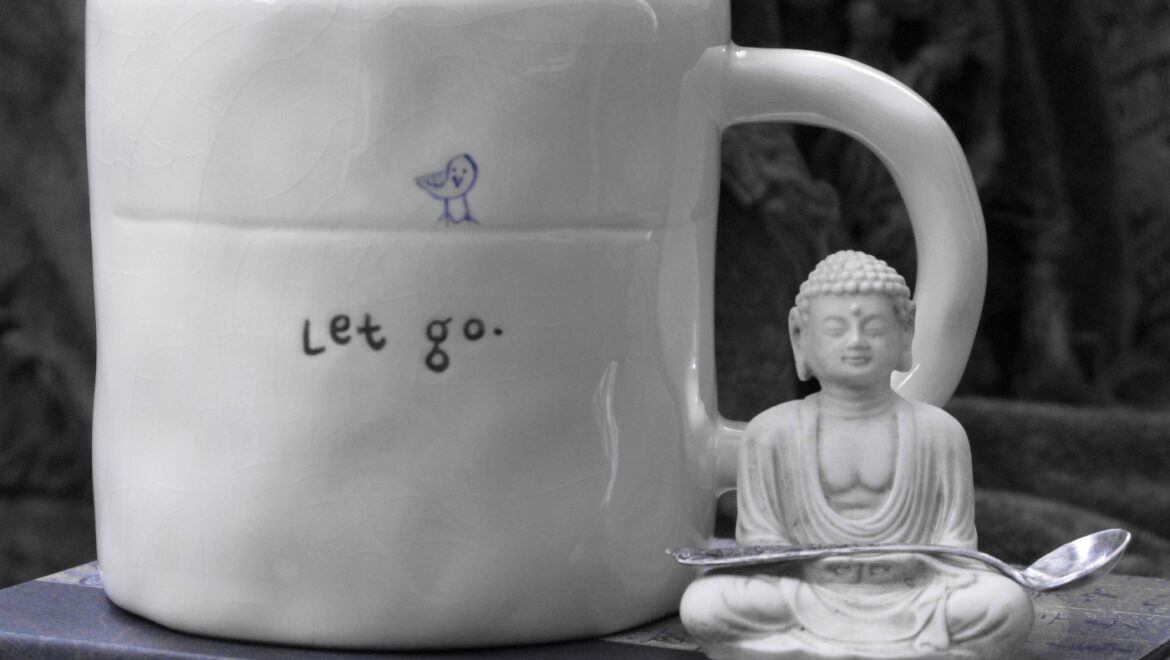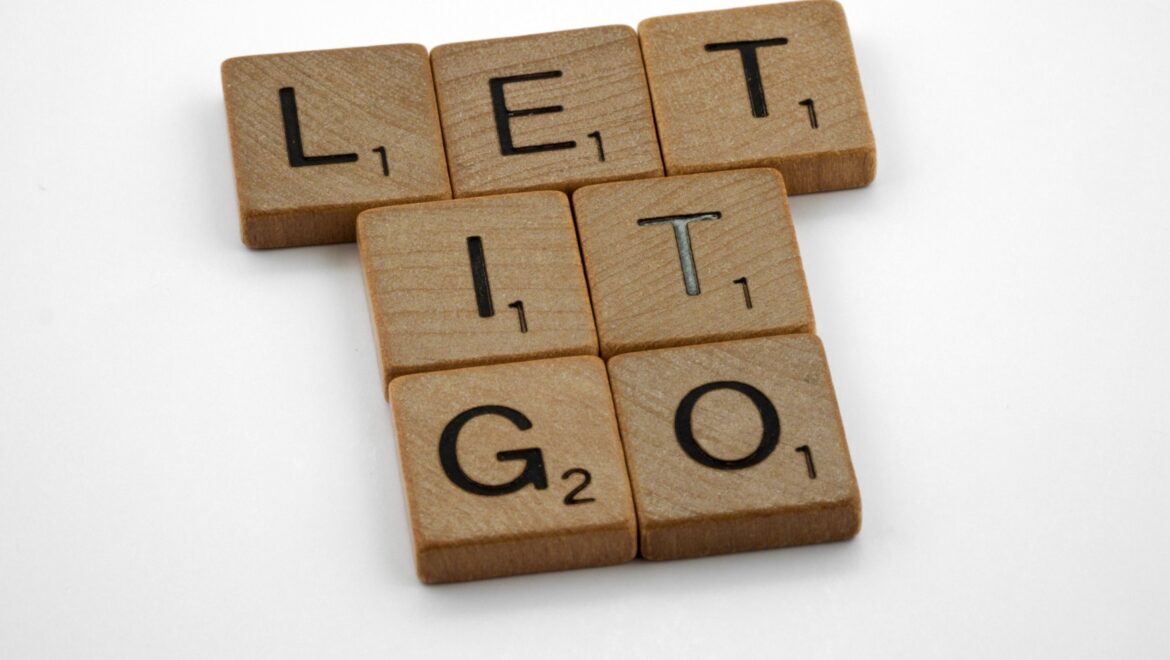A Common, Costly Mistake That Stunts Spiritual Growth: A Faulty Awareness Bell
This is another one of those articles where I wonder why it’s taken me so long to write it.
Let me start by going back to a well I’ve dived into several times before, that being my favorite quote from Eckhart Tolle. Which is this:
“Awareness is the greatest agent for change.”
Here’s the link to the article I wrote about this years ago.
Why am I revisiting the awareness thing? Because I see so many people who have read my stuff and who I have personally counseled on spiritual matters forget the essence of Eckhart’s quote.
Bottom line: We have to be aware of what we’re doing if we are going to let it go. The problem is I see so many people not doing that.
Many have to do with people going off on rants. What are some examples?
-A friend excoriating an athlete they didn’t like, using language that would make a sailor blush. Mind you, this is someone they’ve never met who has done nothing to them. It was an angry rant way out of proportion to the situation.
-Another friend going on and on about how much he hated a certain politician. To the point of their face visibly trembling.
-Somebody who repeatedly goes on diatribes about their boss. Saying the same things over and over and over.
What all of these people have in common is that they know the importance of being aware when we give in to our lower selves. And yet they keep doing it.
Step outside yourself and observe
I tell people all the time that being aware when our egos take over is a hugely important first step on the spiritual path. It’s about stepping outside of ourselves and looking at what we’re doing, with no judgment.
So in that athlete rant example, it would look like:
“…She’s so awful. I just hate her…”
Then that person’s awareness bell needs to ring, causing him to say,
“Hmm. Okay. I’m ranting about someone I don’t know who’s done nothing to me.”
I’m not even saying we need to do the second step of letting go of the bile or anxiety we’re feeling. In the beginning, it’s about simply becoming aware of and acknowledging when our egos have taken over the steering wheel.
I still have times when egoic anger swallows my entire being. But while I’m in that state, or when it’s over, my awareness bell rings and I say to myself, “Okay. You just completely lost it.”
My teenage torturers
Just a few nights ago, I was making dinner and had to get something in the garage. My two rancorous, jokester teenagers thought it would be fun(ny) to lock me in the garage. So they did.
A few seconds was fine. But after a minute of putting up with their hijinks, I lost it and started pounding on the door. Which only made them laugh harder! Eventually, one of them quietly unlocked the door whereupon both of them bolted upstairs to safety.
The tennis ball in the head caper
One more example, just for laughs. My evil teens concocted a scheme (which I’ll admit was brilliant) whereby my son was practicing his lacrosse shot on the wall in the living room with a tennis ball while my wife, daughter and I chatted. My son then purposely hit me in the head with the tennis ball, sending me into a frenzy of fury…
Which my daughter recorded on her phone! It was all a setup to get my explosion on camera. I have to confess that watching that recording was pretty darn funny.
[Reader question: Do any of your kids torture you like this?]
Last thing, then back to awareness. The cruelest thing we teenagers ever did to my dad was when he’d go on one of his periodic, futile diets. He was hugely disciplined in most matters, the exception being his sweet tooth; specifically, chocolate ice cream.
So here’s what my brother Andy and I would do. While he was crunching on carrots and celery for dessert, we would sit on either side of him with Everest-sized bowls of chocolate ice cream. While stuffing our faces, we’d say:
Me: “Mmm. Andy, I have a question for you. In your entire life, have you ever tasted anything this chocolatey? Like ever?
Andy: “No way, no how. This ice cream is as chocolatey as chocolate gets…MmmMMM!”
My dad would just stare straight ahead. Crunch. Crunch. Crunch. Like a bored cow chewing on grass.
Could this be karma catching up with me?
We need to be aware to let go
Alright, back to the importance of awareness. The point is, if letting go of our egoic baggage is the most important thing we can do (it is), then becoming aware when it arises is critical.
Why? Because when we react from a place of ego and don’t recognize it for what it is, we sure as heck can’t let go of it.
Worse, when we go on these egoic rants and don’t recognize it as such, what we’re really doing is tacitly telling ourselves that it’s okay.
“Rant on and on with bile oozing out of my ears about an athlete I have nothing to do with? Sure. What’s wrong with that?”
That’s essentially what that person is doing. As such, why would that person look at that event as an opportunity to let go of stuck energy in their lower self? They won’t.
The takeaway
And that’s the point of this piece. Letting go is so, so, so central to our overall wellbeing.
But to do so, we have to become aware when our baggage arises.
Long story short: Make sure your awareness bell is in good working order. If it isn’t, get to work strengthening it.










